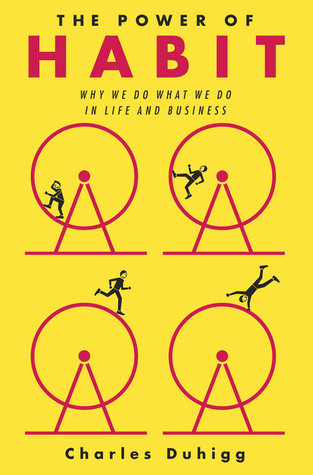
We unconsciously do many things out of habit. For example, when you lie down to sleep, your hand already has your smartphone opened. After a full meal, your spoon goes to ice cream. Habit frees your brain from mundane work and allows it to spend energy on more important matters. By following a routine from the cue, your brain can rest (reward). Unfortunately, it is hard to change a habit because the brain craves the reward. For example, we open Twitter or Facebook and see the feed without purpose because it is strangely rewarding. You probably know how this meaningless pattern is surprisingly hard to change with your will alone.

Your brain doesn’t care if the habit is beneficial for you. So, making a desirable habit is possible but not easy. Essentially, you have to coordinate routine, cue, and reward, so your brain yearns for the intended behavior when it isn’t followed. For example, companies added a refreshing taste to toothpaste in the 1930s to form consumer habits, drastically increasing sales. The long-term reward of a healthy tooth wasn’t attractive enough to form a habit, but the refreshing taste was sufficiently rewarding to create a habit loop. Establishing such an intuitive reward isn’t easy, so you must go through trial and error to find the cycle that works for you.
The power of habit is even stronger in organizations or society than in individuals. When multiple people have shared habits (e.g., rituals, tradition), the inertia is hard to revise. As <How Asia Works> showed, a group of people can thrive when they shift from obsolete mechanisms to new ones. Any entity can drive this shift, but I think individuals will be vital to driving the next transition in a mature society. The Montgomery bus boycott that Rosa Parks started is a great example. Thus, I believe society will be more resilient when it can accept diverse opinions. ∎
More to recommend:
- Grit: Passion, Perseverance, and the Science of Success — Angela Duckworth